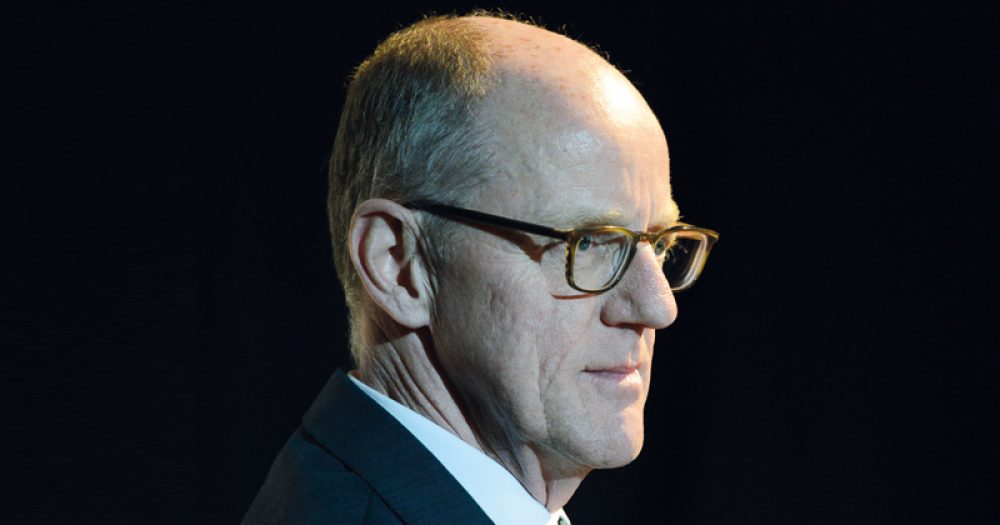In a departure from the government’s usual firm dismissals on a lack of funding, Nick Gibb has admitted that sixth forms face “tight” resources.
The schools minister was questioned in parliament this week over the funding given to schools for 16 to 19-year-olds compared with that for younger pupils and those in higher education.
According to the Sixth Form Colleges Association (SFCA), which is calling for a review of funding, school sixth forms and colleges receive on average 20 per cent less for each pupil than schools and 47 per cent less than universities.
Gibb (pictured), who is usually stoically optimistic on school funding, told the Commons on Tuesday that he “absolutely recognised” that resources were tight for 16 to 19 education and training.
Pupils aged 16 and 17 are funded at £4,000 a year, while 18-year-olds get £3,300
However, he defended a decision not to ring-fence post-16 funding.
“In recent years, we have had to make some post-16 savings while working hard to sustain funding levels for schools, bearing in mind the fact that success in school pre-16 is the best predictor of outcomes in post-16 education.”
“I recognise that there is more to do to continue improving our post-16 education system,” he added.
Post-16 funding has not been protected from cuts as has schools funding. Pupils aged 16 and 17 are funded at £4,000 a year, while 18-year-olds get £3,300.
Although extra money is made available for disadvantaged pupils and those who take additional A-levels, SFCA figures show that the average funding per pupil in sixth forms is £4,583, 20 per cent less than the average rate for 11 to 16-year-olds.
Nic Dakin, Labour MP and a former sixth-form college principal, questioned whether it was logical that a 16 to 18-year-old was cheaper to educate than a 15-year-old or university student.
The SFCA says cuts in 2011 to entitlement funding – which paid for tutorials, enrichment activities and additional courses – resulted in school sixth forms and colleges losing about 10 per cent of their funding.
The subsequent introduction of per-pupil funding in 2013 resulted in a further cut of 6 per cent, while a cut in the base funding rate for 18-year-olds from £4,000 to £3,300 the following year hit institutions to the tune of 1.2 per cent.
The government has pledged to protect the base rate of funding for 16 to 19-year-olds until 2020, and sixth forms continue to receive additional funding for students taking part in more expensive programmes.

There is also a “large programme uplift” for providers that have pupils studying four or more A-levels, and about £540 million is allocated each year to “enable schools and colleges to give extra support to disadvantaged students”, Gibb said on Tuesday.
James Kewin, the deputy chief executive of the SFCA, said he would write to ministers urging them to press ahead with a review of post-16 funding.
“The fundamental point is that there is no link between the amount of funding available for 16 to 19 and the cost of delivering a high-quality education.
“At the moment they conjure up a funding rate and say to schools and colleges, ‘do what you can with that’. A review is urgently required.”








Your thoughts